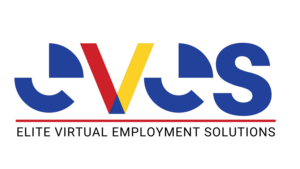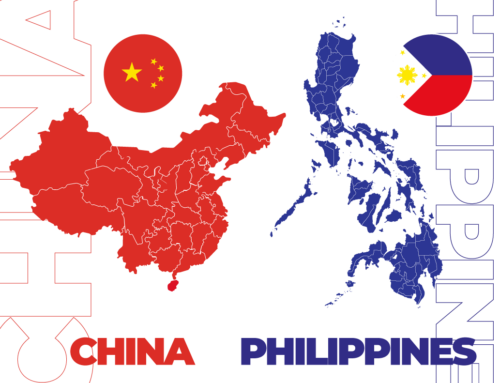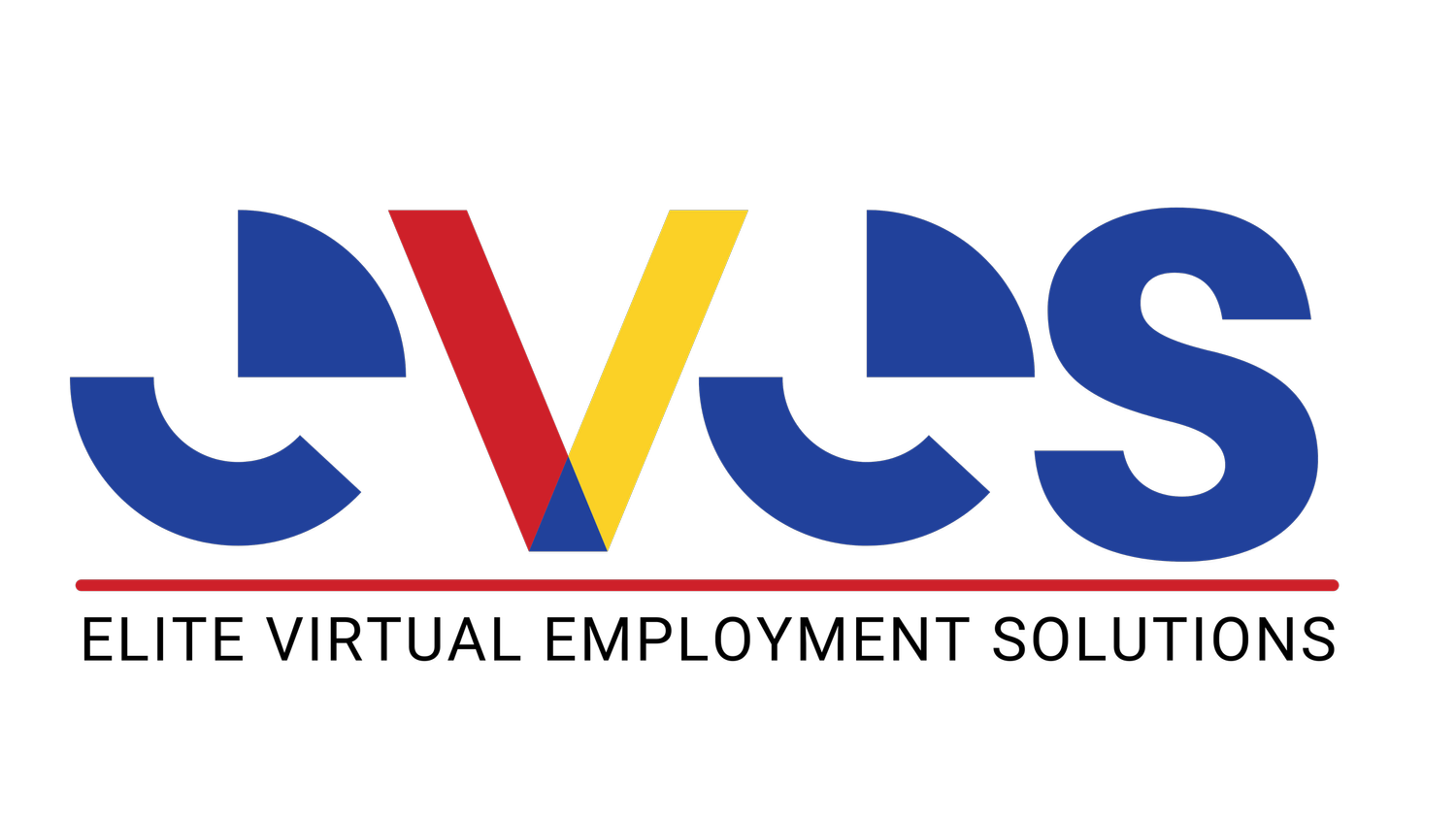Have you considered offshore staffing in the Philippines, but hesitated because of uncertainty about whether it will deliver the benefits you expect? If so, perhaps you encountered some misconceptions that led you to pause your decision-making process.
It’s natural to have reservations about entrusting key aspects of your operations to an offshore team. However, some of these uncertainties are often rooted in an incomplete understanding of how offshoring works.
This article addresses and dispells these misconceptions, providing you a clearer picture of how offshoring can be a strategic game-changer for your business. Let’s tackle these common myths one at a time so you can make a more informed decision about leveraging offshoring to your benefit.
Common Myths About Philippine Offshoring
Myth 1: It Compromises Data and Cybersecurity
Some business owners are concerned that offshoring operations will compromise data security. This unease often stems from the perception that other countries may have less stringent data protection regulations and security standards than the United States. Stories of data breaches and cyber-attacks in foreign countries further fuel this belief, creating a hesitation to trust offshore teams with sensitive information.
Reality:
Offshoring agencies in the Philippines follow globally recognized data protection standards like the General Data Protection Regulation (GDPR) and ISO/IEC 27001: International Standard for Information Security Management Systems (ISMS).
Moreover, offshoring companies invest heavily in advanced cybersecurity infrastructure to safeguard data. Some measures they prioritize include:
● Encryption
● Firewalls and Intrusion Detection Systems (IDS)
● Multi-factor Authentication (MFA)
● Data Protection Policies
● Phishing and Social Engineering Awareness
● Incident Response Procedures
These cybersecurity measures allow offshoring companies to secure their customer’s data and ensure operational integrity for their clients.
Myth 2: Poor Service Quality
There’s a general stereotype that labor in developing countries is less skilled because of perceived differences in education and training standards. As a result, some might believe that offshore workers possess lower skill levels than their onshore counterparts. Additionally, people may assume that offshore teams are hired solely to reduce costs, and that this labor savings comes at the expense of quality and expertise.
Reality:
The Philippines has established itself as a premier offshoring destination because of its large pool of highly educated professionals. Not only that, the country’s educational system emphasizes proficiency in English and technical skills.
Many Filipinos graduate from university with degrees in business, finance, IT, engineering, and healthcare. Several of them also hold international certifications in their respective fields, placing them on par with their global counterparts. This means that the quality of work produced by offshore teams in the Philippines meets or exceeds international standards.
Moreover, offshoring companies in the Philippines also prioritize continuous learning and development to maintain high service quality. These agencies invest in various programs, including:
● Onboarding Training
● Skill Enhancement Workshops
● Quality Assurance Training
Myth 3: You’ll Lose Control of the Business
Business owners who consider offshoring may fear losing control over their operations and quality standards. This apprehension arises from concerns that geographical distance, time zone differences, and dissimilar business practices will hinder effective management and oversight of offshore teams.
Reality:
With a reputable offshore staffing partner like EVES, you retain control over your business processes through regular communication, transparent reporting, and collaborative management. Some of the protocols in place to facilitate remote management for US clients include:
● Communication Tools: Technologies like video conferencing, instant messaging, and collaborative platforms enable real-time interaction and problem-solving.
● Joint Management Teams: Collaborative management teams with members from both onshore and offshore units ensure integrated decision-making.
● Detailed Reports: Regular detailed reports provide insights into key performance indicators (KPIs), project milestones, and overall performance metrics.
● Quality Assurance Protocols: Robust quality assurance protocols and checklists are implemented to maintain high standards across all operations.
Myth 4: It’s Too Complicated to Build an Offshore Team
Offshoring is a challenge, particularly during the initial stages. It will involve numerous steps, such as recruiting talent, navigating different legal and regulatory environments, setting up infrastructure, and managing day-to-day operations remotely. This can lead to an apprehension that offshoring might divert focus from core operations, resulting in managerial distractions.
Reality:
Companies can partner with a reputable offshoring agency to simplify the process of setting up and managing an offshore team. Offshoring companies in the Philippines act as intermediaries to help in recruitment and management of offshore teams. This enables owners to focus on their core business operations without being distracted by logistical details.
Responsibilities of offshore agencies include:
● Searching and screening candidates
● Coordinating interviews
● Preparing offer letters
● Handling pre-employment procedures
● Onboarding of offshore staff in the Philippines
● Continuous employee support
Offshoring agencies will also manage the regulatory requirements of offshoring. This includes navigating employment laws, handling tax compliance, and adhering to industry-specific standards.
Myth 5: Language Barriers and Time Zone Differences Will Cause Problems
Some worry that offshore teams might not speak English well enough to communicate effectively. There’s also a fear that cultural differences will further complicate communication.
Time zone differences are another barrier to real-time collaboration. Working with a team on the other side of the world might disrupt workflow and make it difficult to have meetings or address issues promptly.
Reality:
Filipinos have a high level of English proficiency. English is widely spoken in the country, is one of two official languages in the Philippines, and is taught as a primary language from an early age.
● At least 80% of Filipino adults understand written and spoken English.
● The literacy rate in the Philippines is 97% (higher than the US).
● The Philippines is one of the world’s largest English-speaking nations.
Filipino professionals can communicate seamlessly with clients, understand their requirements, and provide all necessary support with zero language barriers.
Moreover, the Philippines’ time zone overlaps well with major Western business hours, particularly for Pacific Time (PT) and Eastern Time (ET) zones. Offshore teams adjust their work schedules to align with their clients’ operating hours. Offshoring agencies coordinate workflows to ensure that offshore teams are available during critical business hours.
However, many US businesses take advantage of the time zone difference to maximize operational efficiency. While US staff are winding down for their day, the Philippines staff are just starting theirs. This allows for a 24×7 “follow the sun” operations model, ensuring work gets done around the clock.
Offshore to the Philippines with EVES
Offshoring to the Philippines offers significant benefits, but misconceptions can sometimes cloud decision-making. Now that these common myths have been disspelled, you can make informed decisions about leveraging offshoring to your organization’s advantage.
Partner with Elite Virtual Employment Solutions (EVES) to navigate the challenges of creating and managing an offshore team. Working with EVES gives you the following advantages:
● Efficient Recruitment: We handle most of the heavy lifting of offshore recruitment, from candidate sourcing to onboarding.
● On-Site Staff Deployment: EVES houses your offshore staff in a comfortable, modern, air conditioned Western-standards office with emergency generators & redundant 3Gb internet connections. Our onsite supervisors provide hands-on support, acting as your eyes on the ground to provide oversight assurance.
● Complete Staff Workstation: We provide all necessary software and equipment for a productive & compatible working environment.
Contact EVES today for expert advice or to get answers to your offshoring queries.








Leave A Comment
You must be logged in to post a comment.